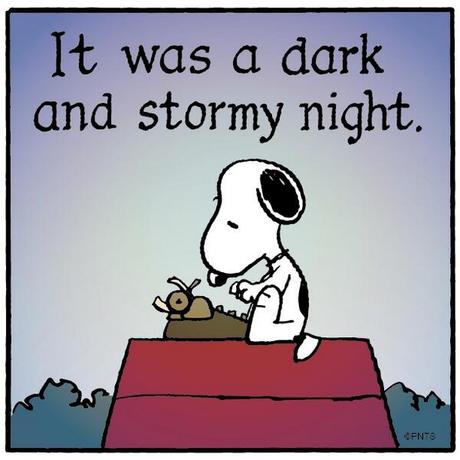Writing is an act of faith.
Publishing is an act of optimism.
Inviting comments is an act of insanity.
Feel free to join the insanity
and tell me what you think...
Publishing is an act of optimism.
Inviting comments is an act of insanity.
Feel free to join the insanity
and tell me what you think...

 RSS Feed
RSS Feed
